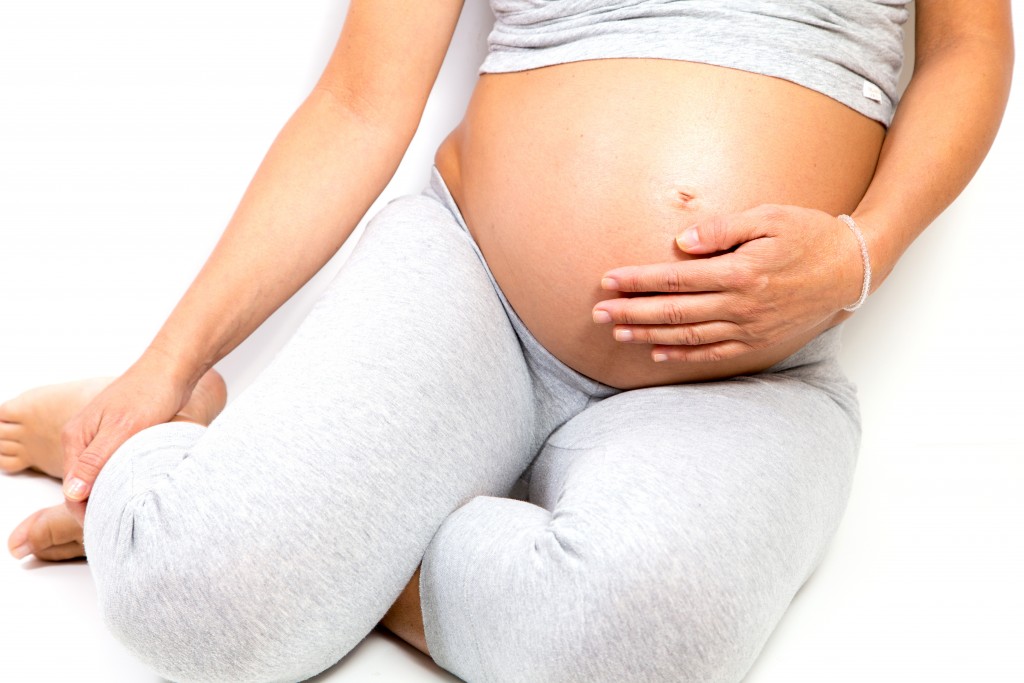
A whooping cough is a serious disease. There are a lot of outbreaks around currently and so the Department of Health is offering pregnant women a free vaccination (currently the 4 in 1 Boostrix IPV both protect against whooping cough, diphtheria, tetanus and polio). When you are vaccinated, the antibodies to the disease will pass across the placenta so your baby will be born with immunity to the disease. This will protect him from contracting the disease as a newborn before he has his vaccination at 8 weeks.
There has been a big increase in cases of whooping cough since 2012 with over 400 babies catching whooping cough. Sadly 14 babies died in this period. It is a terrible disease that Essential Parent co-founder Dr Rebecca Chicot remembers her sister catching from older children as a newborn. Her sister was very ill and exhausted from the illness.
A whooping cough is a nasty bacterial infection that causes terrible coughing bouts and difficulty breathing. In babies, the whooping and coughing may not be a symptom but breathing is seriously impaired and may even stop.
The coughing can be so severe in adults that they break their ribs coughing and the effects can be dangerous with pneumonia and brain damage. Babies are particularly vulnerable and most will need to be treated in hospital. There is a real risk that babies can die from the infection.
Even if you were immunised against whooping cough as a child, the protection you had as a child will have worn off. You will need to have the vaccination again to protect your baby.
Pregnant women are offered the vaccination between 28 to 38 weeks. This is to maximise the chances of passing across the potentially life-saving antibodies to the virus but not too late to miss mums who give birth prematurely.
It’s really nerve-wracking deciding whether to have medicine or vaccinations while you are pregnant since you feel vulnerable and very protective of your baby. You are trying to weigh perceived or real risks to your baby in the womb versus risks after they are born.
The vaccine has been used regularly in the UK since 2012, and there is no evidence to suggest that it is unsafe for you or your unborn baby. However, the vaccine hasn’t been tested on pregnant women because clinical trials rarely include them. Similar vaccines have been used in other Western countries without evidence of risks to either pregnant women or their babies. In addition, the Department of Health and parents need to weigh up the risks of babies contracting whooping cough before 8 weeks of age versus vaccine side effects. The Department of Health currently strongly recommends taking the vaccine to protect your baby.
In addition, the vaccine doesn’t contain ‘live’ whooping cough so you cannot be infected with it yourself.
Please see further information by clicking on the link below.
Pregnancy Whooping Cough Leaflet